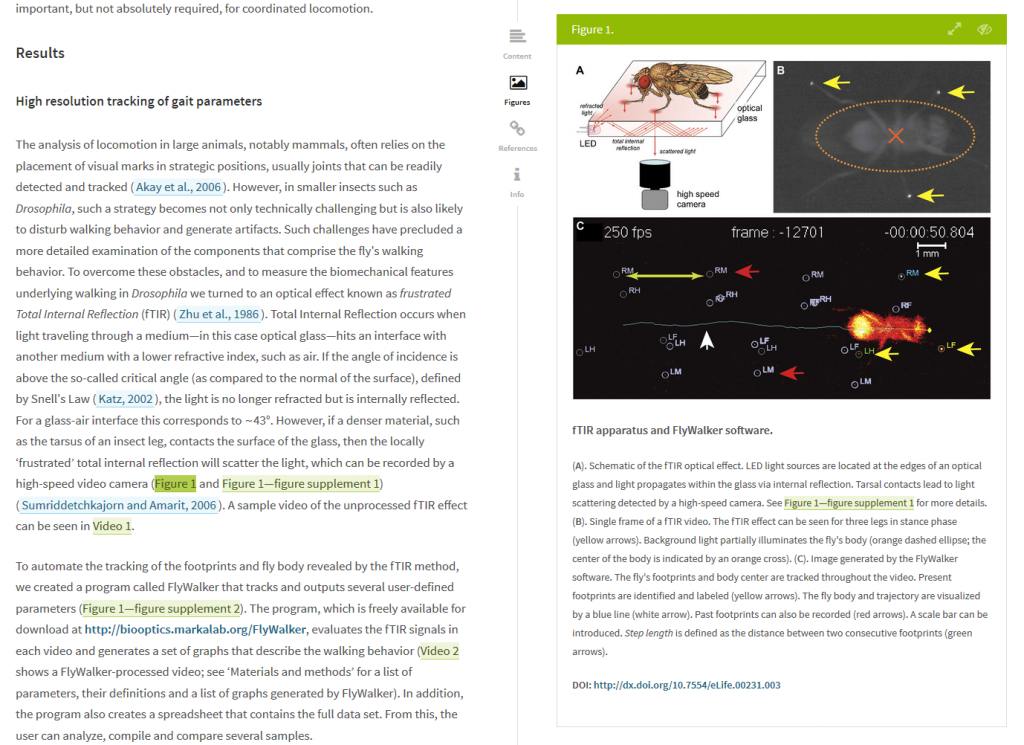
At seemingly every possibility in a discussion on peer-review, people apparently feel the need to emphasize that in the current model reviewers (or most academic editors handling peer-review) are not being paid.

At seemingly every possibility in a discussion on peer-review, people apparently feel the need to emphasize that in the current model reviewers (or most academic editors handling peer-review) are not being paid.
Posting my reply to a review of our most recent grant proposal has sparked an online discussion both on Twitter and on Drugmonkey’s blog. The main direction the discussion took was what level of expertise to expect from the reviewers deciding over your grant proposal. This, of course, is highly dependent on the procedure by which the funding agency chooses the reviewers.

Update, Dec. 4, 2015: With the online discussion moving towards grantsmanship and the decision of what level of expertise to expect from a reviewer, I have written down some thoughts on this angle of the discussion. With more and more evaluations, assessments and quality control, the peer-review burden has skyrocketed in recent years.

For a long time it was difficult for evolutionary biology to make sense of a (male) peacock’s tail. Clearly it is involved in courtship but the investment in growing it, and the disdvantage of carrying it around, would seem to be a disadvantage over all.

[Peer review is the cornerstone of how we decide what research to publish. As currently implemented, it generally consists of two or three referees giving anonymous comments on a research article prior to publication … or … rejection.

For ages I have been planning to collect some of the main aspects I would like to see improved in an upgrade to the disaster we so euphemistically call an academic publishing system. In this post I’ll try to briefly sketch some of the main issues, from several different perspectives. As a reader: I’d like to get a newspaper each morning that tells me about the latest developments, both in terms of general science news (aka.
When a paper goes for peer-review at PLOS ONE, the reviewers are told not to make any judgement about how important or sexy or “impacty” the paper is — to judge it only on methodical soundness. All papers that are judged sound are to be published without making guesses about which will and won’t improve the journal’s reputation through being influential down the line.
I really loathe reviewing for GlamMagz for two main reasons. For one, it’s hard to remain neutral: publication of a paper in my field in such a journal is beneficial both for the field and for the young people who are authors on this paper. Second, the demands of some of my colleagues so often make my blood boil. At that point I’m very happy these reviews are anonymous and I really don’t want to know the names of these colleagues.
There’s been some concern over Scientific Reports ’ new scheme whereby authors submitting manuscripts can pay $750 to have them peer-reviewed more quickly. Some members of the editorial board have quit over this development, feeling that it’s unfair to authors who can’t pay. Myself, I feel it at least shows admirable audacity — NPG has found a way to monetise its own lethargy, which is surely what capitalism is all about.

UPDATE , 10-02-2015: After a hint from a user on Twitter, I now know that it is possible to open a PDF document in several windows, one for text, one for legends and one for figures. Figures and legends occupy one virtual desktop and the text another. In this way, I can actually review on-screen, but it is one heck of a work-around and by no means convenient. I cannot take it any more.